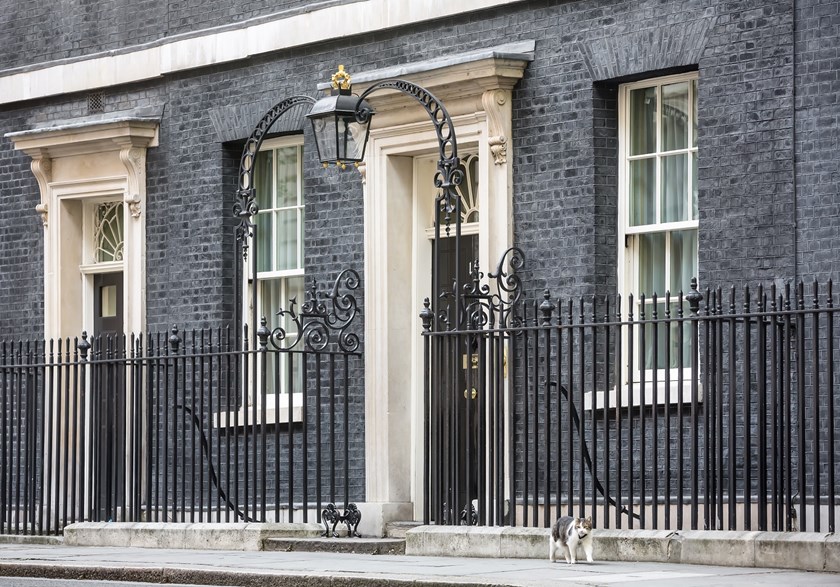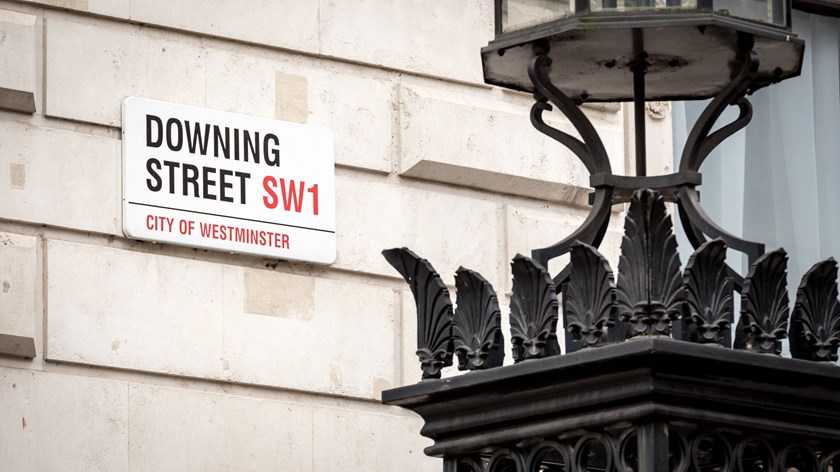Tax residence: the latest on discounting UK days due to exceptional circumstances
Insight

This briefing provides some key points of interest from the recent case of A Taxpayer v HMRC (TC8464) relevant to anyone seeking to rely on the “exceptional circumstances” exemption in the UK’s Statutory Residence Test.
This exemption became particularly important for many people during the Covid pandemic. It allows up to 60 UK days in a given tax year to be disregarded if exceptional circumstances beyond the individual’s control prevented them from leaving the UK, and we wrote about the key issues with claiming the exemption as the pandemic emerged. We continue to advise clients regularly about navigating these areas as people continue to be affected by travel issues and local restrictions from periodic Covid outbreaks, often meaning they are unable to travel as planned and are staying in the UK for longer.
More unusual examples of circumstances that are exceptional
This recent case of A v HMRC predates the pandemic but as the first case we have seen in the UK Courts about exceptional circumstances, it holds some very helpful lessons for current issues. The case confirms that the exemption is not limited to the usual circumstances that are often in mind when thinking about exceptional circumstances – war and civil unrest, sudden or life-threatening illness, and natural disasters (all of which are mentioned in the rules as examples of circumstances that may be exceptional).
In A v HMRC, the Tribunal decided that the taxpayer could claim the exemption for days when she was caring for a close family member and minor children at a time of family crisis due to alcoholism. After intricate scrutiny of precisely what facts in the case constituted exceptional circumstances (not helped by some evidential issues), it is welcome that the judges arrived at a common-sense conclusion in favour of the taxpayer. Their judgment helpfully confirms what is clear in the rules, that the specific examples of exceptional circumstances in the legislation are non-exhaustive and that HMRC were incorrect in interpreting the exemption extremely narrowly.
The case also helpfully confirms that the sudden or life-threatening illness example can be the illness of someone other than the taxpayer. HMRC’s view was that this other person could only be a spouse/partner or dependent child (still the position in HMRC’s internal guidance). However, the judgment is clear that such a limitation is not in the legislation, and whether exceptional circumstances can arise in relation to other relations, such as siblings, is a question of fact and degree.
Private planes and being able to leave the UK
There was some uncertainty at the beginning of the pandemic about whether access to a private plane and the ability, in theory, to leave the UK to go elsewhere would present a challenge to claiming the exceptional circumstances exemption. A similar point arose in A v HMRC. HMRC argued that because the taxpayer had access to a private jet, she could have left the UK at the end of each day in question to return to Ireland. The Tribunal judges disagreed, given that in the facts of the case it would have been impractical and very time consuming to do this.
This helpfully confirms that having access to a private plane is not automatically a bar to claiming exceptional circumstances, and that even though leaving the UK by a certain means could be theoretically possible, the real-life practicalities of that option are relevant.
Despite this, successfully claiming the exemption requires showing an intention to leave the UK as soon as possible, and so how easy it is to leave the UK and travel to another country could be relevant. We recommend that people in less clear-cut situations talk through the options with their advisers to help them assess how likely it is that the exemption will be available.
Defending enquiries on UK residence
Finally, it is interesting that this case has gone so far to make it to the Courts. It follows a handful of other cases touching on issues of domicile that tend to be very fact-specific, which shows that HMRC are interested in pursuing enquiries about residence and domicile and are willing to litigate.
As with this case (which concerned the 2015/16 UK tax year and an enquiry that began in 2018), enquiries can end up taking a number of years to resolve, by which time evidence – particularly where anecdotal accounts are crucial – can be less compelling. This is a timely lesson for those who are relying on the exceptional circumstances exemption to ensure they have good records and written accounts about the period in question to stand better chances of a successful claim.
If you require further information about anything covered in this insight, please contact Ruth McKeown or your usual contact at the firm on +44 (0)20 3375 7000.
This publication is a general summary of the law. It should not replace legal advice tailored to your specific circumstances.
© Farrer & Co LLP, August 2022





